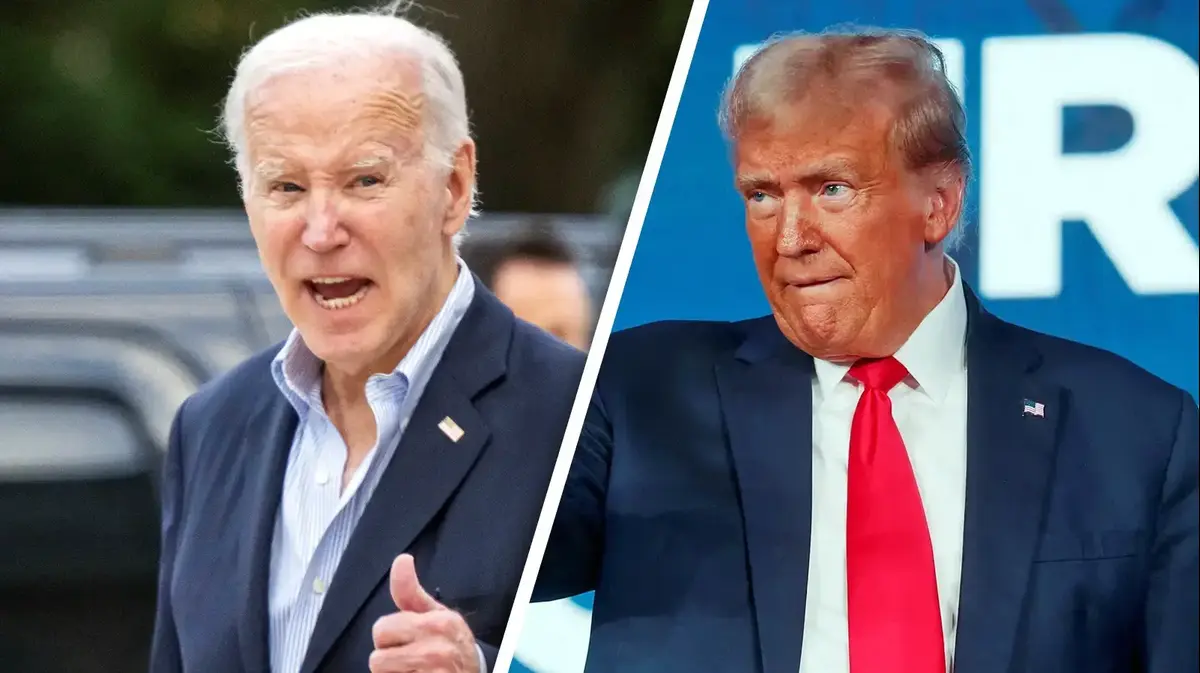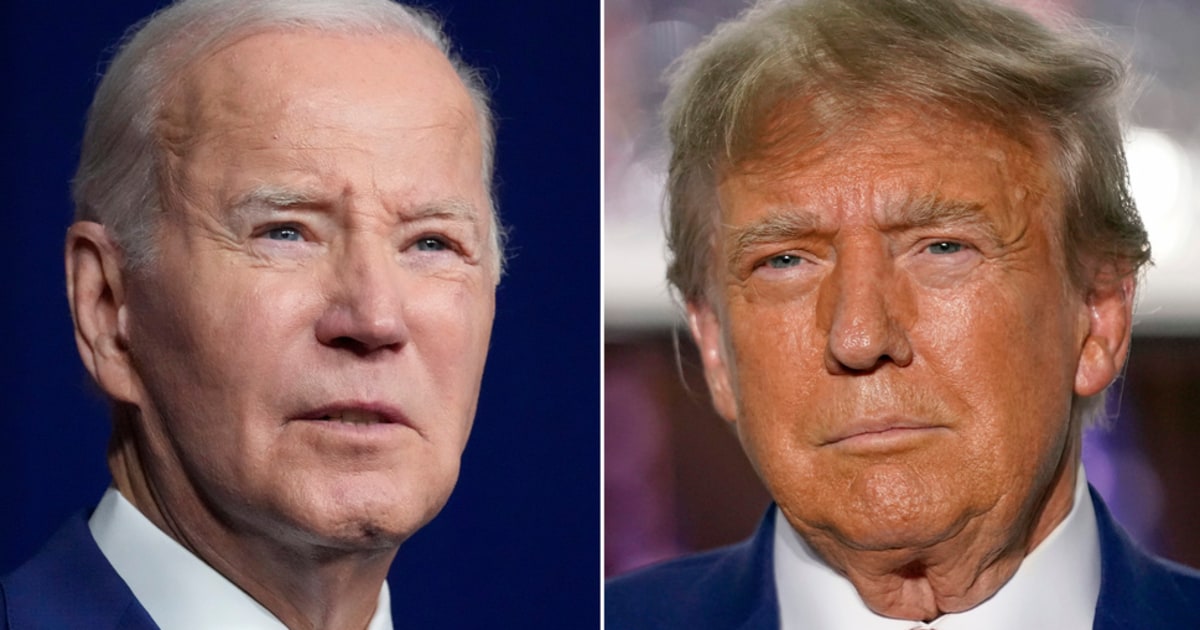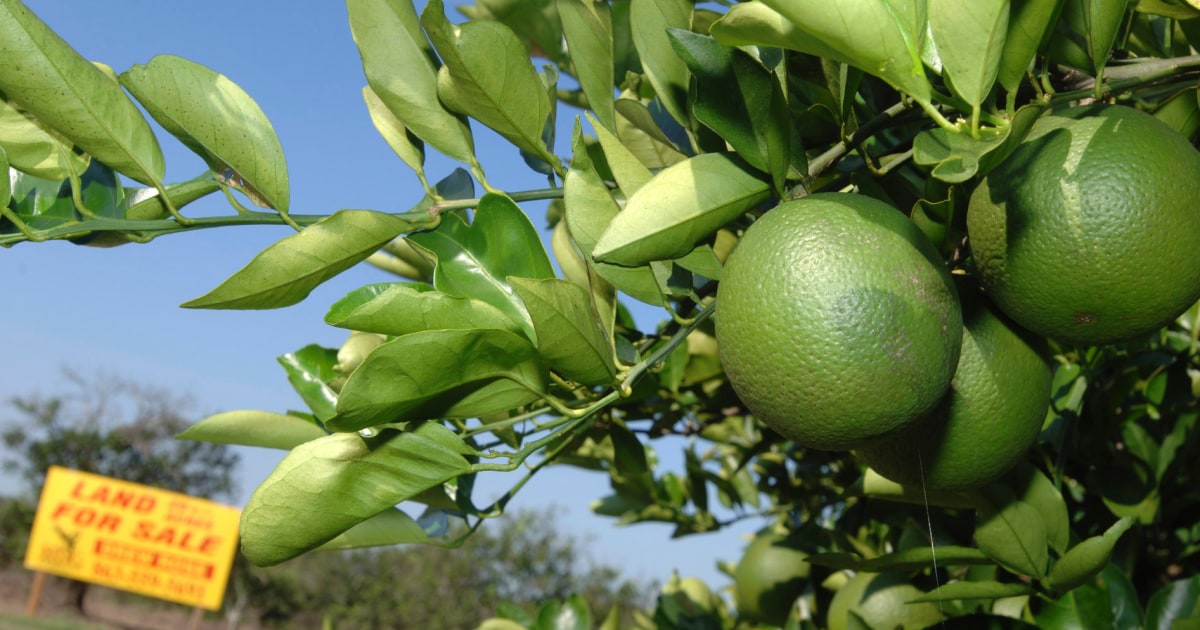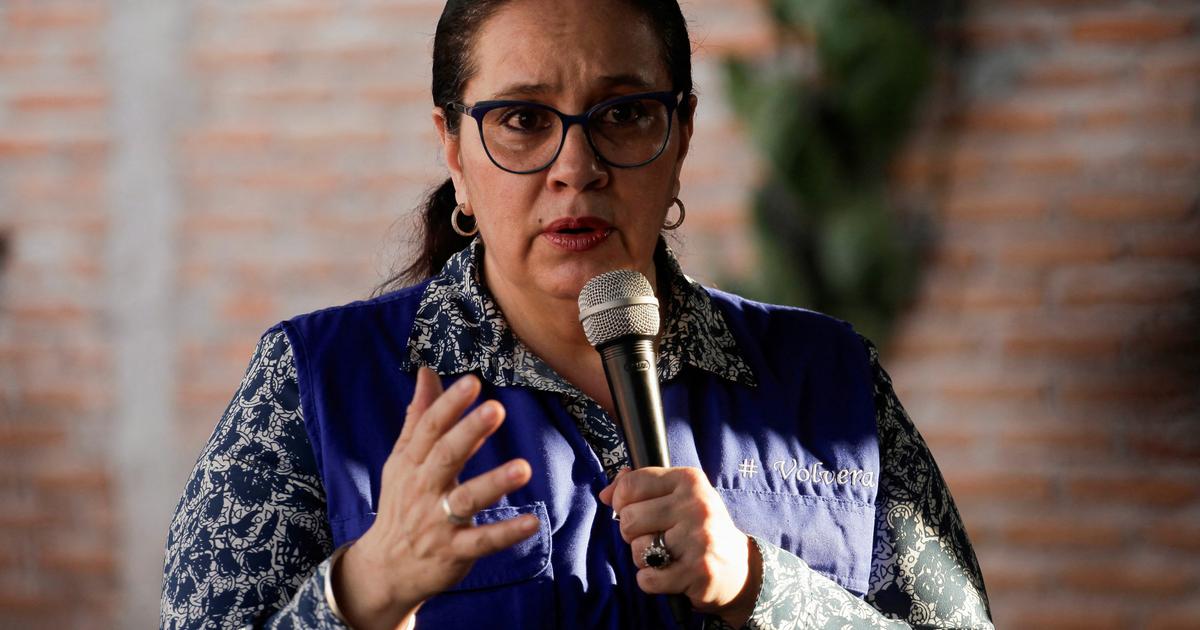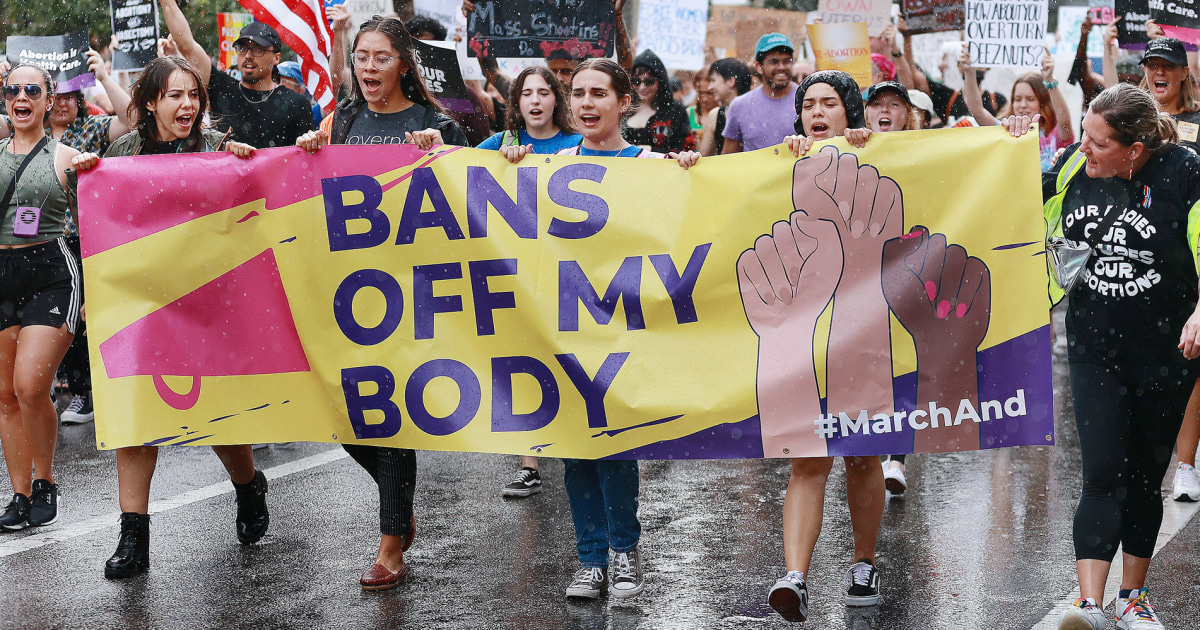One of the toughest battles for the presidency of the United States is being fought 1,400 kilometers from Washington: in the state of Florida, home to the most powerful Hispanic population in the country;
destination of a good part of the retirees;
magnet for tourism with its cruises and amusement parks;
headquarters of the music industry that looks to Latin America.
The melting pot of American culture coexists on the peninsula discovered by Juan Ponce de León in 1513, and in which there are as many lakes - some 7,700 - as there are political opinions.
The diversity is so wide that this region has managed to keep an entire country on edge in every presidential election since the turn of the century.
It is the pendular state par excellence, marked by the changing profile of the voters, who have in their hands 29 of the 270 electoral votes that a candidate needs to be the next president of the country.
Electoral attention has been turned in recent weeks in Florida to try to attract voters anyway.
In 2016, the president, Donald Trump, won here Hillary Clinton by the minimum, 1% of the votes (113,000 ballots), and now the gap between Democrats and Republicans is also narrow.
Candidates accumulate hundreds of miles in trips, almost weekly, to this state and the campaigns have opened the wallet to make the largest advertising expense - about 127 million dollars - in the entire country.
The undecided are a target, but also those who can switch sides.
“We were not such a divided people, there was not so much anger,” says Mary Jane García, a 69-year-old Puerto Rican who lives in Pembroke Pines (north of Miami) and who has voted for the Republican Party all her life.
Although “fed up with the confrontation and noise” from Donald Trump's supporters, she has decided that she will vote for Democrat Joe Biden.
"Racism with this president has been rampant and I do not agree with that," he adds.
The profile of voters in Florida has leaned on the side of the Republicans: since 1994 a Democratic governor has not been elected, in the last midterm elections Republican senators renewed their seats, and the mayor of Miami-Dade County is republican.
At the same time, the southeast of the peninsula, as well as large urban centers such as Orlando and Tampa, have consistently voted for the Democratic Party candidates.
There are 5.3 million people registered statewide as Democrats and 5.1 million as Republicans, according to data from the Pew Research Center.
But, according to researchers, the gap is closing more and more in favor of the Republican Party.
The shift in preferences, Pew notes, began in 2016 when Trump was elected president.
A novel factor in these elections is the greater participation of young people.
Traditionally seen as apathetic and uninterested in politics, their mobilization through social media is reaching the polls.
Since early voting began in the state on October 19, they have been seen waiting in long lines at polling stations.
As of this weekend, 257,000 young people between the ages of 18 and 29 had already voted, a turnout six times that of the same demographic in 2016, according to MSNBC data.
In addition, a million voters between 18 and 34 years of age have been registered more than the last elections.
The diversity of the State is reflected in the growth of the Hispanic population and in its ability to vote: two out of 10 people who exercise their right in Florida are Latino.
Its origins are mainly in Cuba, Venezuela, Mexico, Colombia and Puerto Rico.
Latinos have become a key population for both candidates.
So far, about 2.5 million have registered to vote, half a million more than in 2016. The Biden and Trump campaigns have tried to reach this diverse demographic that their styles of attracting them are also chaotic: the Democrat leans toward the segmentation of the message according to the country of origin of the Hispanic immigrants, while Trump appeals to the fear of this population to the supposed socialism of his opponent.
The president has consolidated an important base among the Cuban and Venezuelan diaspora that repudiates the governments of their countries.
A Florida International University poll indicates that six out of 10 Cubans are inclined to vote for Trump.
The Republican's campaign messages describe the Democrats as allies of the Castro and Chavista regimes, and he has even ventured to say - without any proof - that Biden will impose a government system like those of Cuba and Venezuela in the United States.
The idea seems to have permeated: on the weekends, on the streets of Miami, the president's supporters go out in their cars to shout slogans against the Democrats: “
Socialism-distancing!
”[Distancing from socialism].
With a giant flag, Osvaldo Hernández, a 55-year-old radiologist technician, takes to the streets of Miami to show his support for Trump.
He has met with a group of Cubans who, like him, were exiled from the island in the 1960s.
“The president is doing a tremendous job;
for example, he is trying to get the coronavirus medicine as quickly as possible, "he says before adding that he has no faith in journalists.
And he continues almost shouting: "All communists are democrats and are friends of the Maduro regime."
Next to him, a man walks around wearing a T-shirt that reads: "Trump 2020, fuck them four more years."
In 2016, Trump narrowly beat Hillary Clinton.
The State thus consolidated at the national level the victory of the magnate, who now has his residence in Palm Beach.
The distance between Trump and Biden is now 1.5% in favor of the Democrat, according to polls, but with each passing day the gap closes more.
The specter of the 2000 elections occasionally returns to political gatherings: George W. Bush beat Al Gore after a vote recount in Florida.
Then the presidency was decided from this peninsula with a difference of just 537 votes that guaranteed the electoral votes for the Republican.
The current scenario is far from that, but these elections also promise a tight closure in the southern state.
Biden has spent much of the campaign reaching those corners of Florida where voters are undecided or not committed to Trump's attack on so-called Democratic socialism.
His topics before these groups have focused on the economy and the coronavirus crisis.
In the port of Miami there are two cruise ships docked and empty.
The pandemic has hit the tourism industry and rivers of people are no longer seen descending from large ships.
During his visits to Florida, Biden has promoted the message that it is urgent to give stimulus to the economy of the peninsula.
Eugene Pérez, 59, worked for years in the cruise industry and this year lost his job.
“I was a year away from retiring.
Really, people are suffering a lot, and I am very concerned about not having health insurance in the midst of the pandemic, "he explains.
As a neighbor of Broward, where a good part of Puerto Rican citizens are concentrated, Pérez has approached the events organized by the Democrats because, he says, he is more convinced of their way of governing.
"I've spent my whole life paying taxes, that's my money and I can't believe that the Trump administration can't find a way to help us now," he adds.
Subscribe here to the
newsletter
about the elections in the United States



